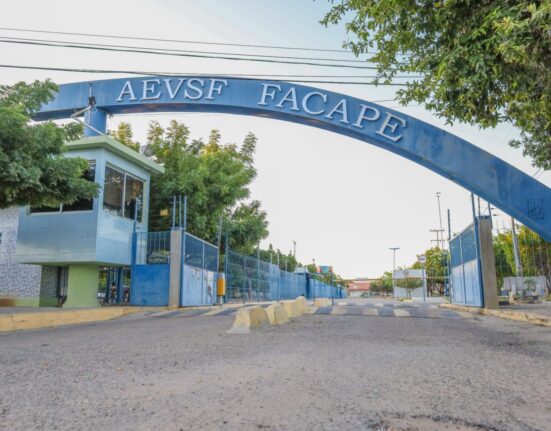Anthony Albanese finds himself at a crossroads, facing a pressing demand to take decisive action against the rising tide of anti-Semitism on university campuses. The call for scrapping funding to institutions, programs, and individuals failing to effectively address or even perpetuating anti-Jewish sentiments highlights a critical juncture in the ongoing battle against hate speech and discrimination.
The issue of anti-Semitism is not new, yet its resurgence in recent years has sent shockwaves through communities worldwide. Universities, traditionally seen as bastions of knowledge and tolerance, have unfortunately become breeding grounds for intolerance and prejudice. The failure to confront and eradicate anti-Jew hate within academic settings not only undermines the core values of education but also poses a significant threat to the safety and well-being of Jewish students and faculty members.
As the specter of anti-Semitism looms larger, the need for decisive action becomes increasingly urgent.
The plea to Anthony Albanese to withhold funding from institutions that turn a blind eye to anti-Semitic rhetoric is a bold move in the fight against hate speech. By hitting universities where it hurts the most – their financial resources – advocates hope to incentivize proactive measures to combat anti-Jewish sentiments and create a more inclusive and respectful campus environment for all.
Expert voices in the field of combating hate speech emphasize the crucial role that educational institutions play in shaping societal attitudes and behaviors. Dr. Sarah Goldberg, a leading scholar on anti-Semitism, underscores the power dynamics at play within universities, where educators and administrators hold the key to either perpetuating or dismantling harmful stereotypes and biases.
“Universities have a unique responsibility to foster a culture of respect and understanding. Failure to address anti-Semitism not only harms Jewish students but also erodes the fundamental principles of academic integrity and diversity.”
The impact of unchecked anti-Semitism extends far beyond campus borders, seeping into broader societal discourse and fueling a dangerous normalization of hate. Recent studies have shown a concerning uptick in anti-Jewish incidents across the globe, signaling a worrying trend towards increased intolerance and xenophobia.
Addressing anti-Semitism within universities is not just a matter of compliance but a moral imperative that speaks to the core values of our society.
In light of these developments, the decision facing Anthony Albanese carries profound implications for the future of education and social cohesion in Australia. By taking a firm stance against institutions that perpetuate hate speech, political leaders send a clear message that intolerance has no place in academia or society at large.
As the public awaits Albanese’s response to the call for funding cuts, the broader conversation around combating anti-Semitism and hate speech gains momentum. The outcome of this pivotal moment will not only shape the landscape of higher education but also set a precedent for how governments and institutions worldwide address the urgent challenge of combating discrimination and prejudice in all its forms.
In a world grappling with the shadows of bigotry and division, the actions taken today reverberate far into the future, shaping the collective legacy we leave for generations to come. As Anthony Albanese weighs his decision, the world watches with bated breath, hoping for a resolute stand against hate and a reaffirmation of the values that bind us together as a global community.









Leave feedback about this